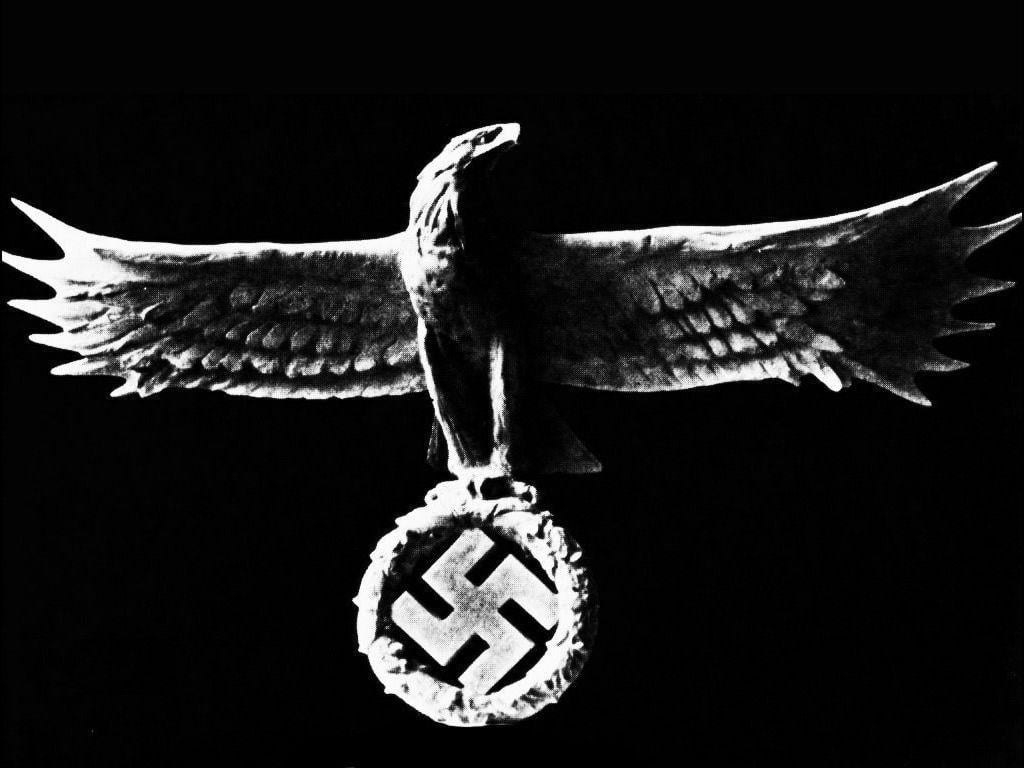

One month later, on October 28, 2021, a comment to Rusich’s Instagram account made clear that the soldier of fortune contingent had designs on a return to Kharkiv. The September Instagram post also referenced a Russian military veterans club and military training exercises and received 371 likes from account followers.įigure 1: On SeptemRusich posted a selfie of its members mounted on a Russian made BMP armored infantry fighting vehicle on its Instagram account under the handle The post referenced a Russian military veterans club and military training exercises and received 371 likes from account followers. “BMP stands for "Boyevaya Mashina Pehoty" meaning "infantry fighting vehicle - is a type of armored fighting vehicle used to carry infantry into battle and provide direct-fire support,” the post declared. Several months later, on September 27, 2021, the group indicated in another post depicting a stylized selfie photo post of its members atop a Russian armored vehicle that they were training for military exercises. The first mention appeared in a post made by a follower of the account on January 5, 2021. Sightings of Milchakov, and Rusich’s lead military trainer Yan Petrovsky in Syria have since cropped up in multiple reports about their exploits over the last seven years, including the grisly torture and dismemberment of a Syrian prisoner.īut more recently, rumblings about Rusich’s possible return to the Ukrainian front for a “Russian Spring 2.0” assault deeper into Donbas first surfaced online on the contingent’s Instagram account early last year.


Rusich left Ukraine in the summer of 2015, a few months after UK, Canada, and European Union sanctioned one of the group’s commanders, Alexey Milchakov, after reports of his unit’s involvement in alleged war crimes in Donbas. If true, it could mean the Wagner Group will be well positioned for the opening salvo in what many fear may be the prelude to a U.S.-Russian war. Now it seems Rusich has set its sights on the strategically important eastern Ukrainian city of Kharkiv. Known as Rusich, or Task Force Rusich, the Russian mercenary cadre earned a reputation for its self-declared neo-Nazi ideology and brutality when it first deployed to eastern Ukraine during peak fighting between Russian separatist forces and the Ukrainian military in the summer of 2014. In Ukraine, there have been also been growing signs since at least September that a Wagner Group contingent that Borodai has backed for years has designs on a return to the Ukrainian front.

Such a move would undoubtedly ratchet up tensions between Russia, Ukraine and NATO even further, and could spark a military response from Ukrainian leaders in Kyiv. Petersburg-based soldier of fortune contingent known as Rusich and the former prime minister of the self-proclaimed Donetsk People's Republic in eastern Ukraine, told Reuters that Russia’s parliament was preparing to recognize the independence of two breakaway regions in eastern Ukraine–Donetsk and Luhansk. On Friday, Alexander Borodai, a Russian lawmaker who has backed Wagner Group mercenaries with the St. With tensions mounting between the White House and the Kremlin over the 100,000-plus Russian troops now massing near Ukraine’s border with Russia and Belarus, there have already been fresh signs online that contingents of Russian soldiers of fortune linked to the Kremlin-backed Wagner Group are on the move across the region. Pentagon claims that it has knowledge of Russian plans to preposition a group of covert operatives to conduct false-flag operations inside Ukraine as a pretext for invasion have rightly set Washington, Brussels, Kiev, and the world on edge.


 0 kommentar(er)
0 kommentar(er)
